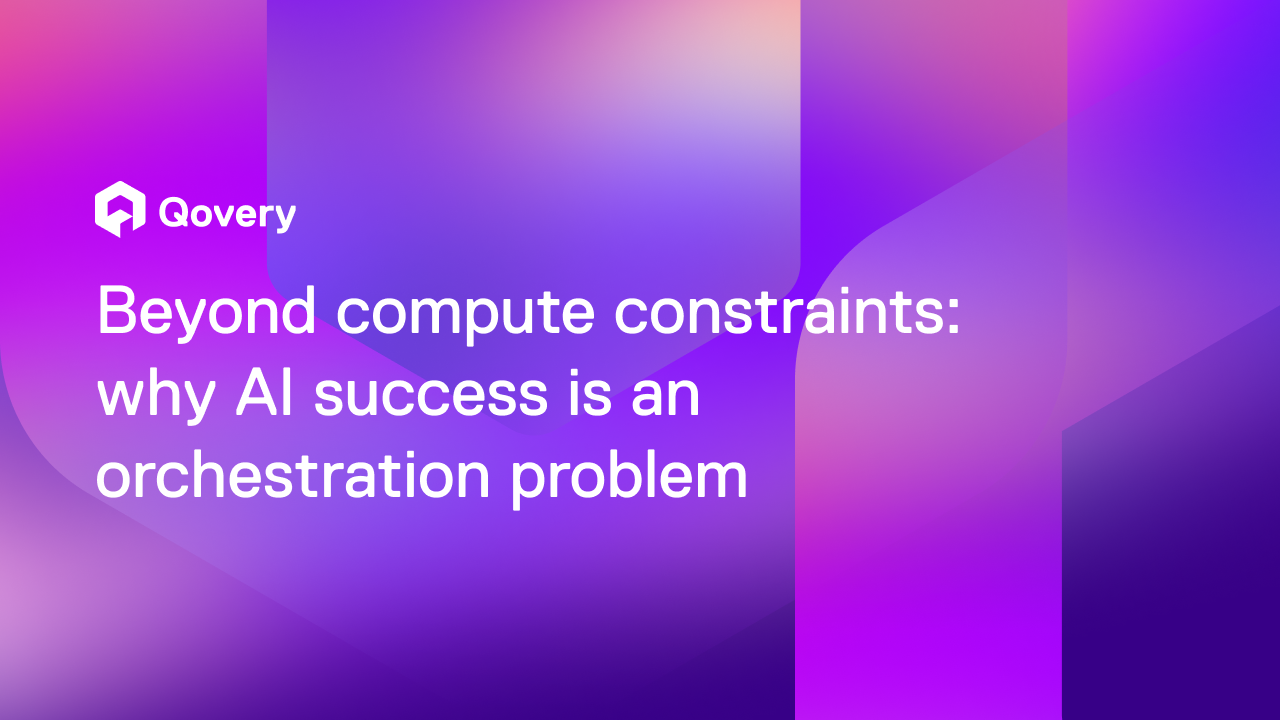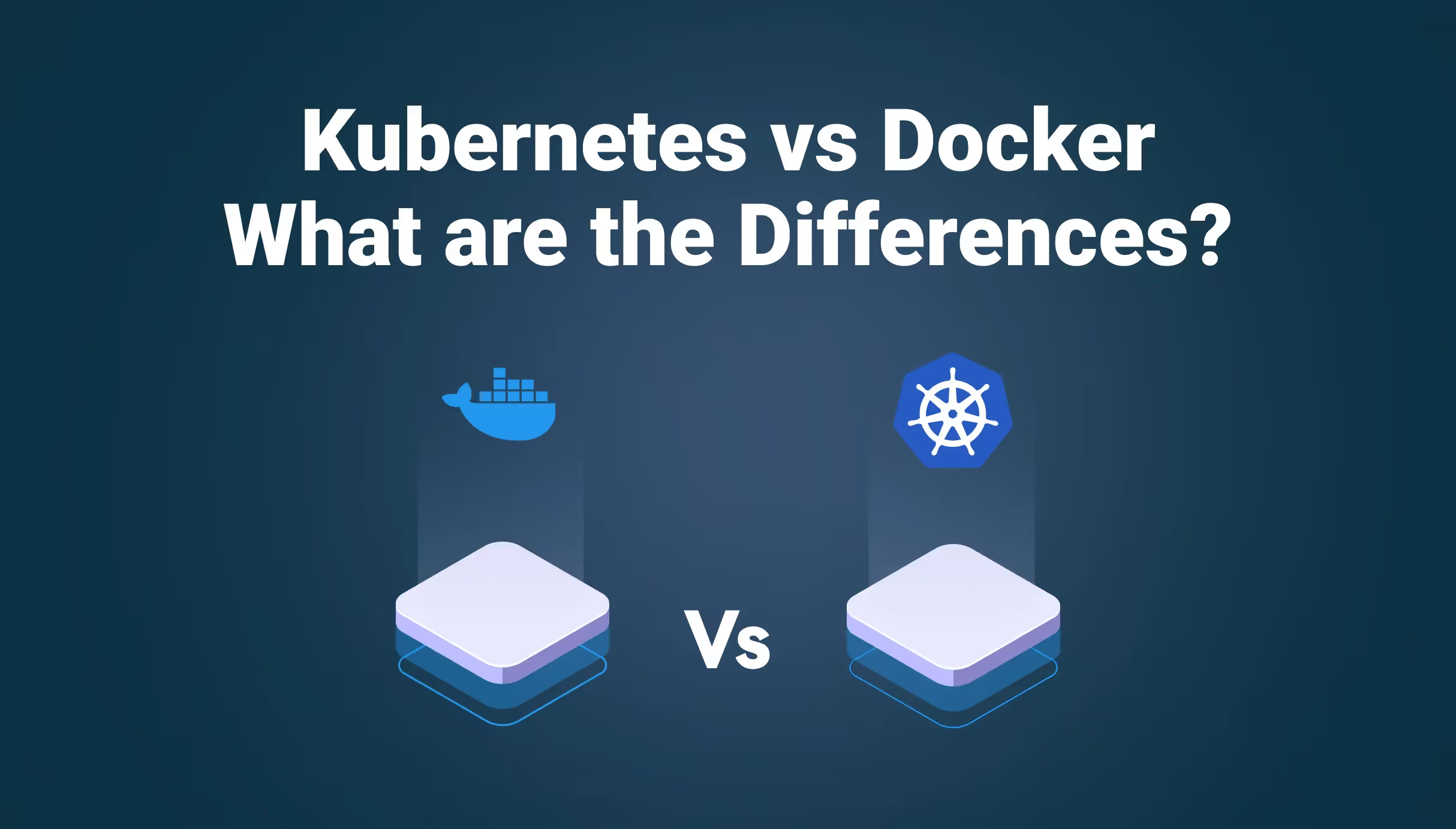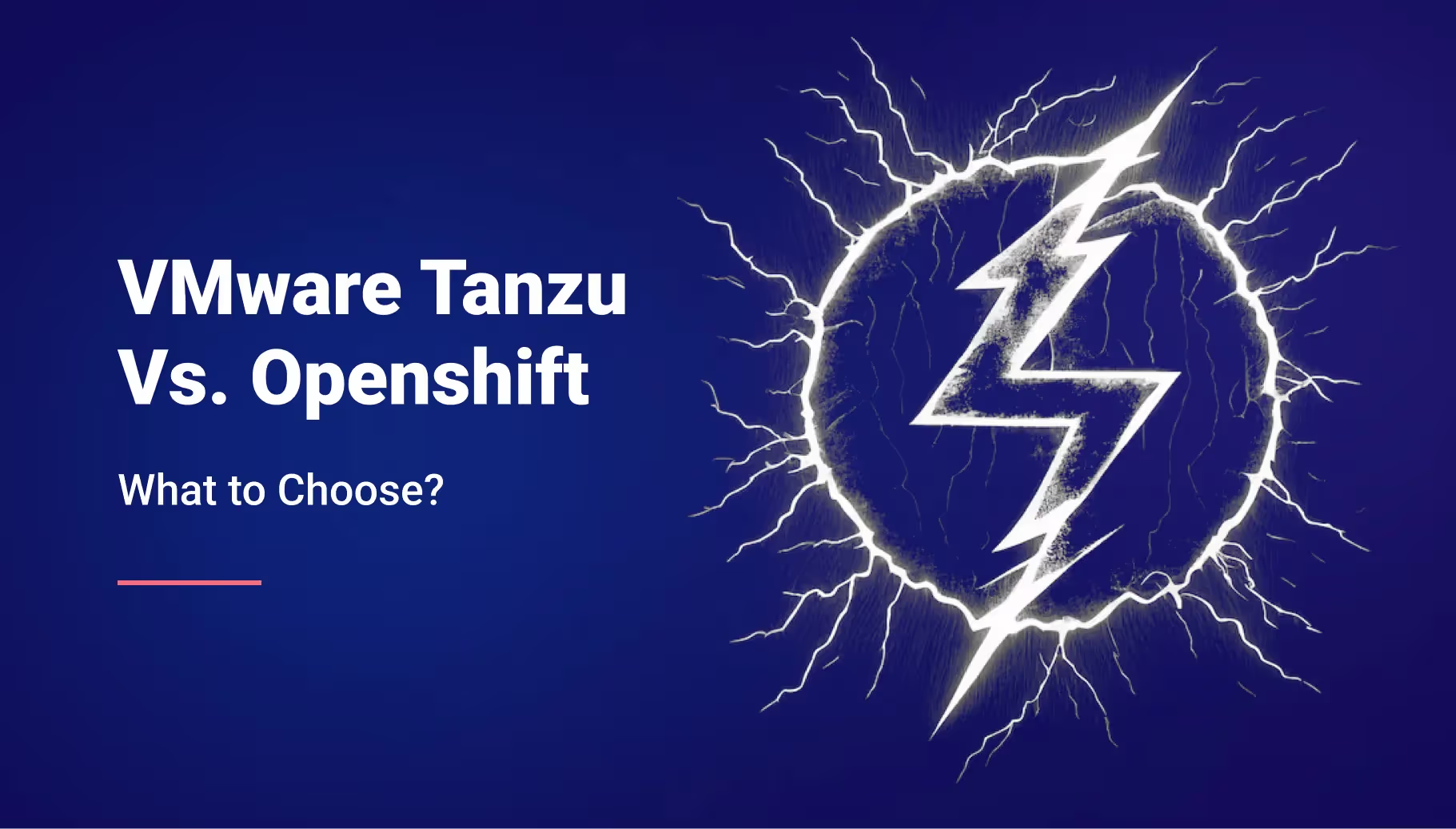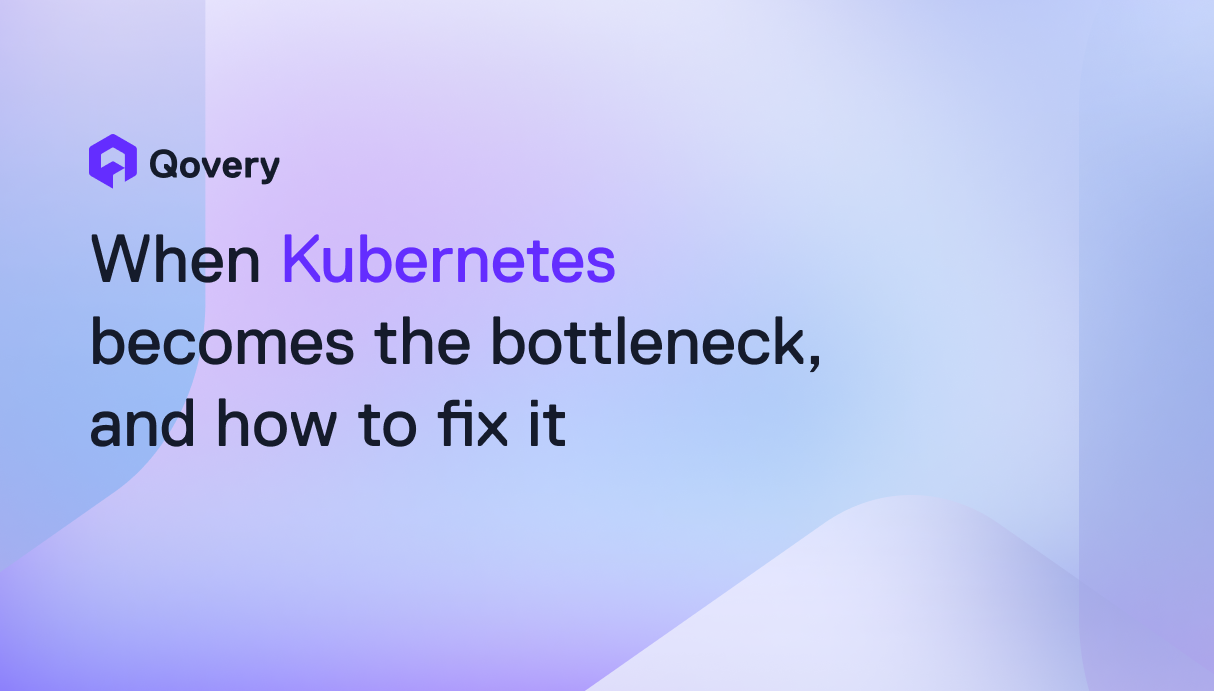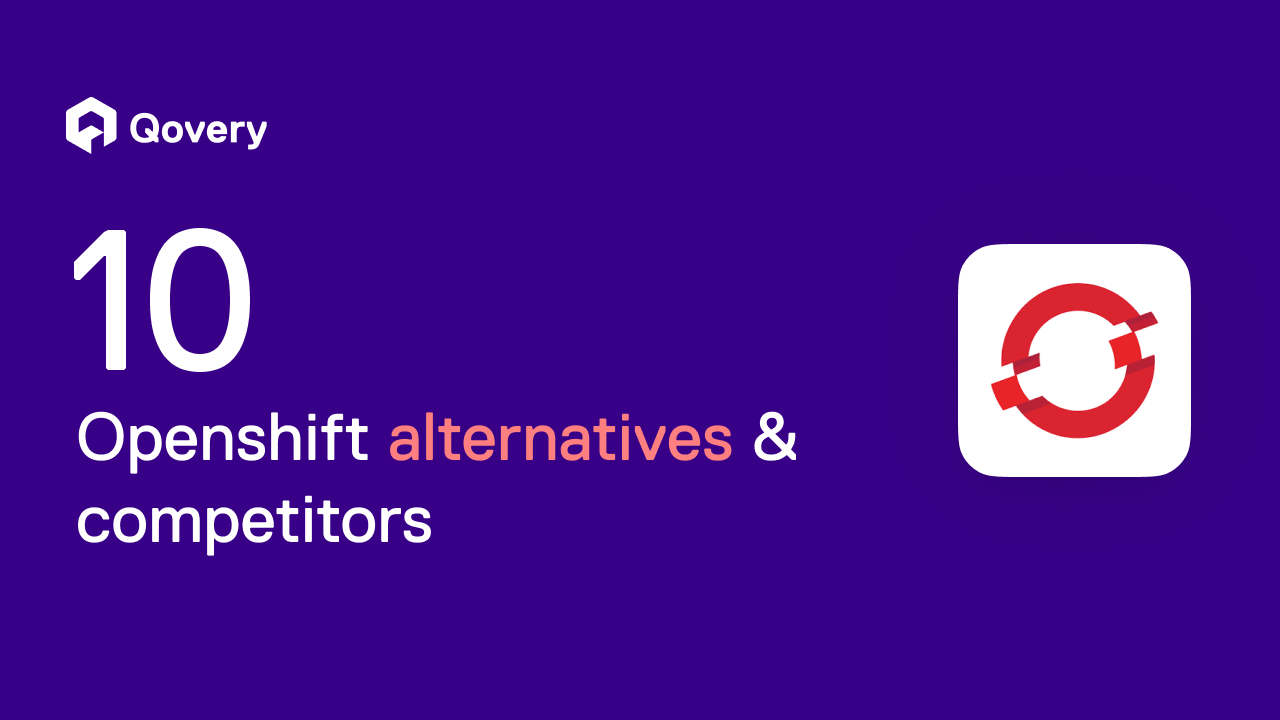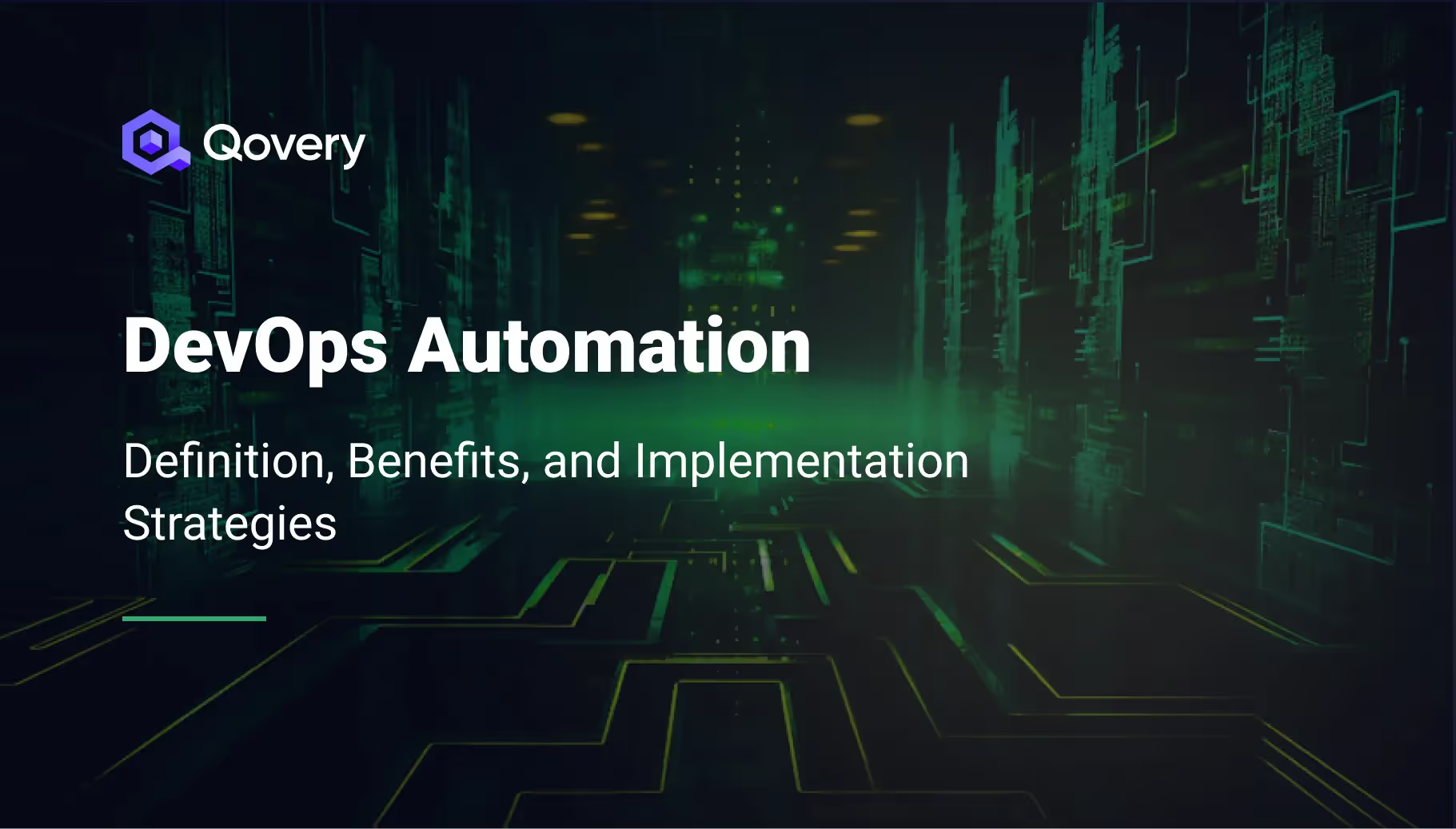

Should Your Startup Hire a DevOps?

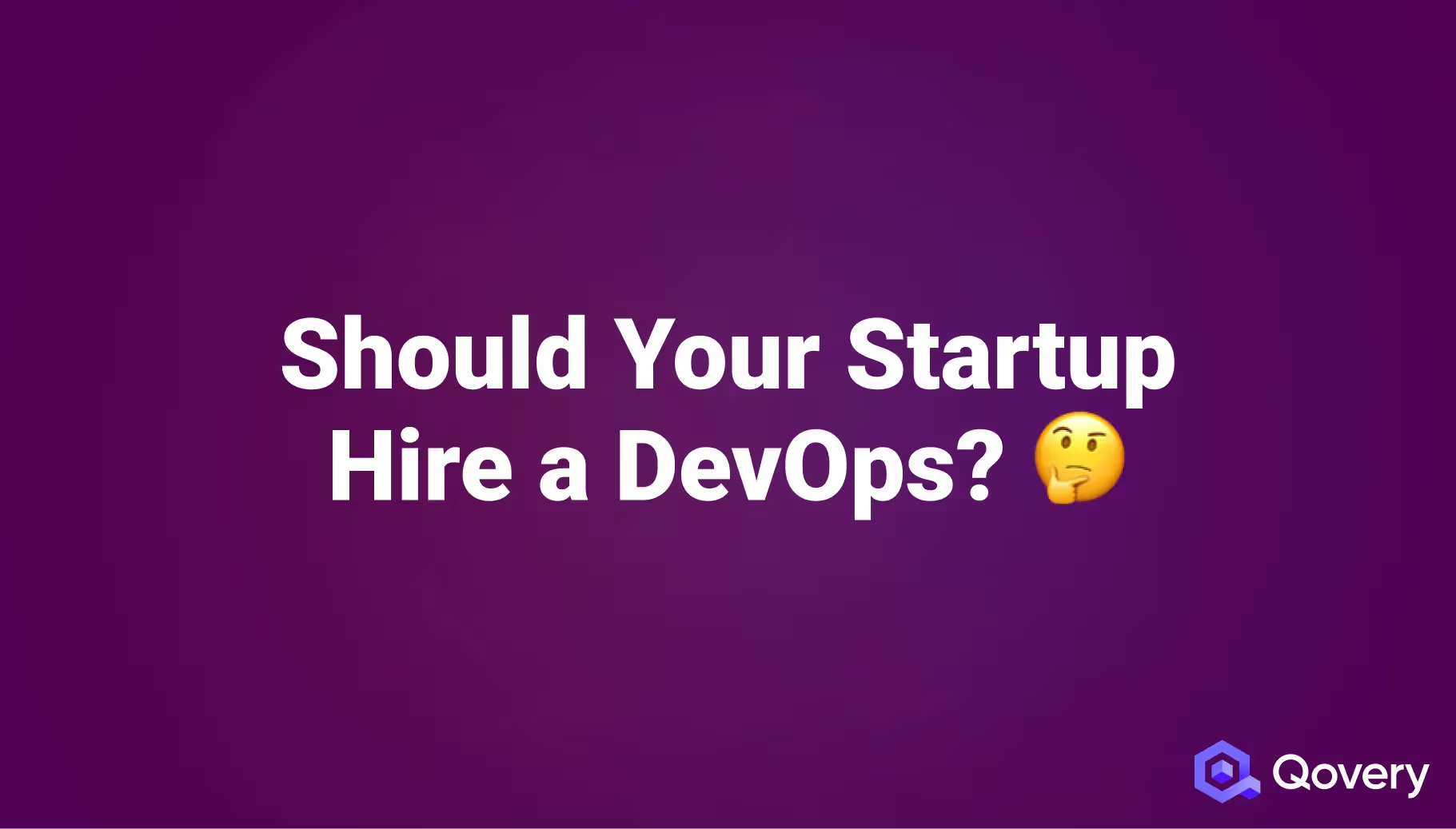

In this article, we will discuss when and why must startups or growing companies consider hiring DevOps professionals, and when (and how) it is ok to go ahead without them.
What is a DevOps Engineer?
Let’s be clear here. DevOps is a culture - a set of methodologies. It is not a job role confined by a particular set of responsibilities. DevOps engineers are the people who enable your organization for better maintainability, scalability, manageability, and productivity by adopting this culture.
The term “DevOps” is an amalgamation of “Development” and “Operations”.
Now, the development process may comprise code writing, application deployment, testing, engineering, reverse engineering, security, quality assurance, handling updates, thinking of new features for the product, and maintenance.
On the contrary, operations could be related to the organization or the product you are working upon. Improving the development flows, breaking silos, automating your systems, identifying and deploying reliable tools, improving interpersonal/interdepartmental communication, business operations, and much more could fall in this category.
DevOps engineers oversee, analyze, improve, automate and contribute to all these processes simultaneously. Or, a big company may have specialized DevOps experts for different sets of tasks.
The purpose, ultimately, is to automate as many processes as possible and assure continuous application delivery. So, these professionals focus more on product integration, pipeline handling, and deployment.
Why Have DevOps Engineers in the Team?
DevOps Engineers are very useful for organizations with complex infrastructure and products.
Production Speed
DevOps is all about adopting lean development practices and agile delivery. So, it is very effective at reducing your product’s time-to-market.
When you are about to present an MVP to your investors and have a sufficient budget (mainly to have more funds), DevOps is a good pick. With time, you can also utilize it for converting your MVP into a sophisticated solution through continuous integration.
Product Quality
The focus of DevOps remains on delivery fast but coming up with stable releases. For this, the DevOps engineer identifies automatable areas and the ways your development pipeline could be improved. The report metrics coming from automation tools, better-managed processes, and more free developers are the outcome of this. So, with DevOps, your product automatically improves quality-wise.
Process Automation
DevOps methodologies encourage process automation to manage development pipelines and operations better. So, DevOps engineers figure out the manual and repetitive works to be automated throughout the product lifecycle and try to reduce their human dependencies.
The phases where automation can be implemented to some or large extent are:
- Product Monitoring
- Testing
- Deployment
- Releases and Updates
- Design
- Development
Fair Workload Distribution
Developments, handling everything (from coding to management) manually, can confirm that they were spending at least 8-10 hours a week on releases alone - in case they shift to a DevOps-optimized work environment. DevOps can reduce their workload and productivity while releasing them more frequently and effortlessly.
Skillset Utilization
DevOps professionals keep track of the capabilities of everyone in your product team. While automating the processes, they know which person has a practical skillset for another crucial process related to the product. So, DevOps not only frees your people but enables them to do the tasks related to their expertise.
Despite all the benefits, if you re-read the section ‘What is a DevOps Engineer?’ In this article again, you will find that your startup does not need to cover many of the operations/tasks mentioned in the section.
Lesser than development operations, smaller the scope of work for DevOps engineers in your team. And suppose you could find alternatives to handle those DevOps tasks. In that case, you can save a decent amount of money while avoiding the super-lengthy and consuming process of hiring the DevOps professional(s). It’s totally worth it.
Still, confused about whether to hire a DevOps engineer or not? No worries. Let us segregate the information about when you should hire one, and when not, in the following two sections. Read ahead.
When should you hire a DevOps?
DevOps specialists can add much more value to your organization in many cases if not all.
When you Follow the DevOps Culture Already
If your organization has been successfully following the DevOps culture for a long time, you have already passed the fear and probability phase. And as you are continuing, you surely are benefitting from it. In such a scenario, when requirements increase, do not shy away from hiring more DevOps resources when needed.
When You Have Budget and Time for DevOps Implementation
If you are a startup with a reasonable budget, backing, or funding that will launch a complex project, DevOps is a good choice. Implementing it from the beginning will significantly simplify things for the developers and other team members. However, make sure that you have enough time and resources to hire a talented resource. After all, finding and hiring a reliable and skilled DevOps engineer could be tiring and time-consuming many times.
When your Business Infrastructure has become Hard to Manage
Complex infrastructure or unusual tech stacks are challenging to maintain when you want your developers to work productively.
For example, you may have a hybrid cloud implemented with your on-premises servers) or you might be finding it problematic to manage/maintain your unusual technology stack.
Fastly-growing systems/products with manual processes come in the same category too.
In all the above cases, troubleshooting may take days if a problem occurs. To avoid further complications, DevOps makes a better option here.
When shouldn’t you hire a DevOps?
Speedy innovation while staying within the limits of "being useful" can be achieved through it. But we are more sure that DevOps is not the only way to go about it.
Here are the scenarios where direct adoption of DevOps or hiring of DevOps engineers can be avoided/delayed:
When You Do Not Have In-house Resources
Outsourcing DevOps operations may suit an established system but be chaotic for a new implementation. So, if you have no internal resources to implement DevOps practices and ensure their perfect adoption, it is better to wait for now.
When You cannot afford the long-hiring process and costly resources
For startups, the limitation of time and money is not a very uncommon problem. Suppose your business is not yet in the condition to ‘experiment’ with its productivity at the cost of an expensive resource and a lengthy hiring process. In that case, you must skip the idea of trying DevOps for a while. DevOps automation tools, like Qovery, suit better here.
When the thought of slow processes makes you go tensed
Cannot do with slow processes and operations for a while at present? DevOps may cause jitters and is not a good idea at present. Go for it when your startup is more stable and can bear a minor operation interruption.
When you have a Cloud-native infrastructure
Are you on the Cloud? Do you have a tech stack that can be handled through managed IT services, or have a cloud service provider manage it already?
Managed cloud services are provided by most of the infrastructure solution providers, for example - AWS Beanstalk, Fargate, Codepipeline, and CloudFormation like options are good for your cloud setup. For more insights, you can read another article covering the top 5 AWS Deployment options in 2022.
The crux is, going for DevOps at the startup level is not essential for you. Cloud-native solutions are better managed and maintained already. So, they will be more cost-effective and sensible.
If your business is not clear about why you need DevOps and why you need it right away, it could add huge expenses and problems.
DevOps requires slowing down your operations and processes for a while. Implementation failure, which is highly probable (75% of initiatives failed in 2020 alone), will hit back even fiercely. It can completely slow down your organization. So, the best thing is to plan thoroughly and scope for delays. Do not prioritize and push it just because you think it will help.
Moreover, if you are thinking that because we are good at automation, we will also sail through DevOps implementation, be informed that 62% of organizations with advanced automation capabilities are struggling at the DevOps front. The reason is - DevOps is not just automation, and it requires your organization to make big changes at many levels. It might not be the time to go for it.
Thinking Again: Is DevOps a Compulsion for My Business?
DevOps is suitable for enterprise-sized businesses with complex infrastructure or custom tech stack management/maintenance needs.
A startup, however, should focus on delivering its product faster to the market, fulfilling customer requests, launching more versions, shipping its code better, and letting its developers focus more on development alone. As a separate operation (or job role), DevOps is not an immediate urgency here.
Depending upon your organization’s needs and your preference of automation, you may decide if your startup actually needs a DevOps engineer, or you will just burden yourself by adding one (or more).
Conclusion
DevOps is essential, but having in-house or part-time DevOps engineers/professionals is not. As a startup, you can use DevOps automation tools like Qovery to free your developers from code-shipping and other infrastructure-related operations. It is unreasonable to delay hiring development resources or making them handle the operations that you may automate just because you invest in DevOps professionals.

Suggested articles
.webp)



.svg)
.svg)
.svg)
